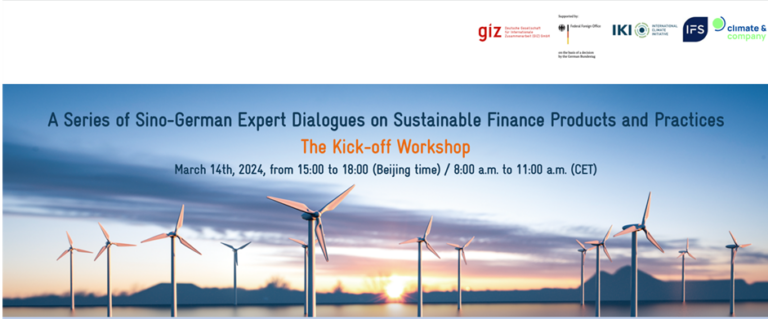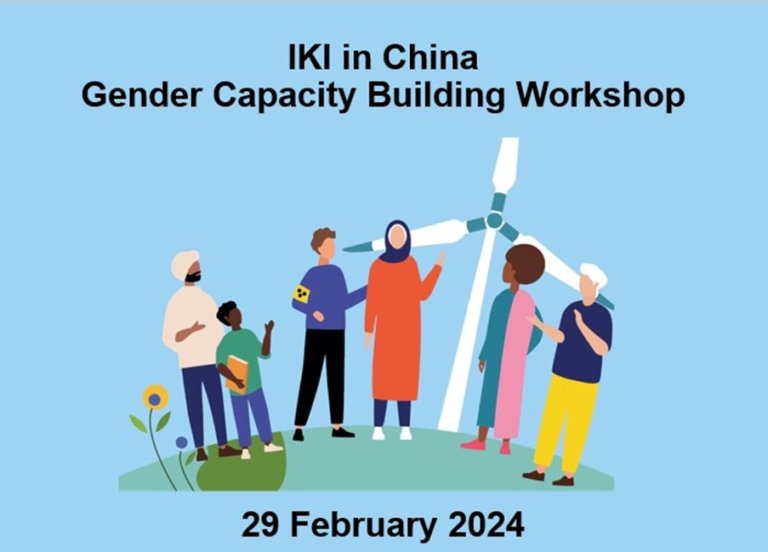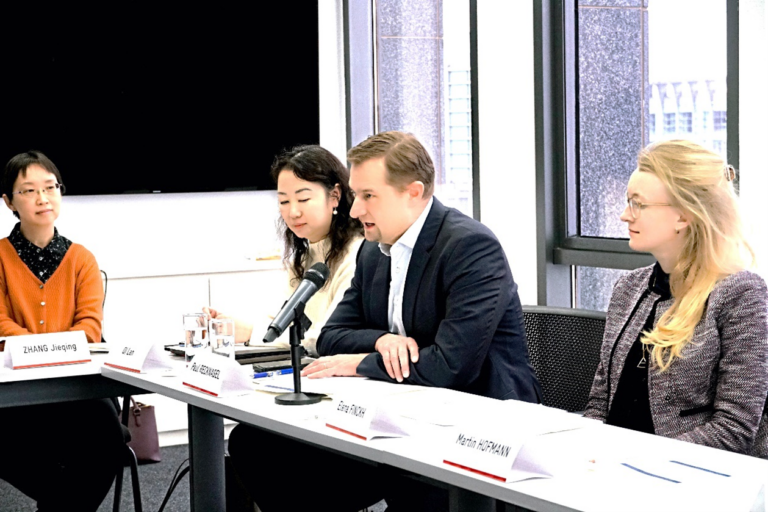In September 2020, Chinese President Xi Jinping has pledged to peak emissions by 2030 and to reach carbon neutrality by 2060. Additionally, in March 2021, during the “Two Sessions” the 14th Five-Year-Plan (FYP) for National Economic and Social Development and the Long-Range Objectives Through the Year 2035 was released which sets binding climate targets to be achieved by 2025.
Against this background, on April 1 the Sino-German Cooperation on Climate Change (SGCCC) hosted an International Climate Initiative (IKI) Workshop on China’s 2030 target and the 2060 vision within the 14th FYP period. Experts from a multitude of organizations and research institutes, including Climate Analytics, German Institute for Economic Research, Global Center on Adaptation, International Council for Local Environmental Initiatives, National Center for Climate Change Strategy and International Cooperation, National Development and Reform Commission, NewClimate Institute, University of Oxford, World Bank, World Conservation Monitoring Centre, and World Resource Institute attended this hybrid event.
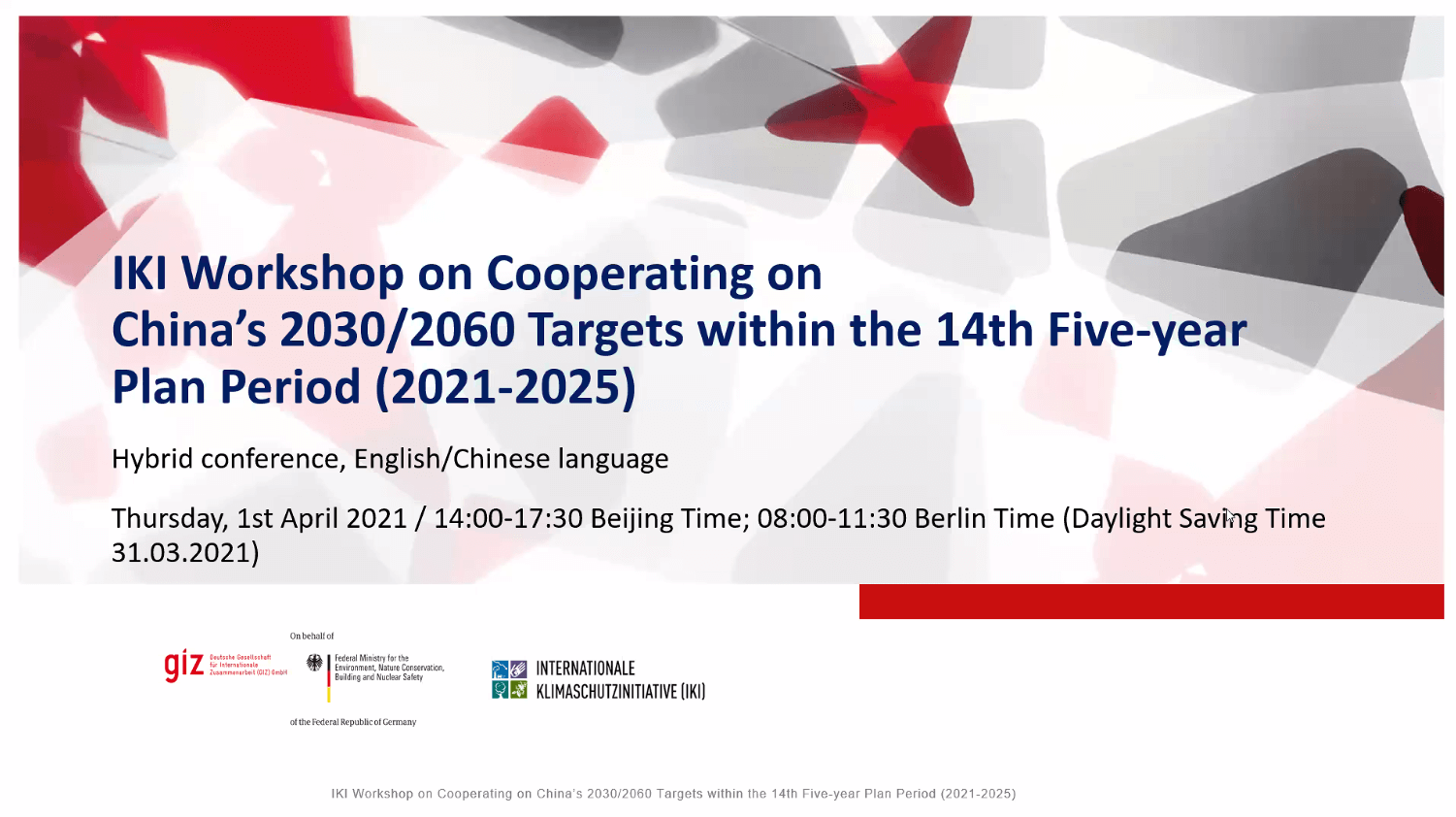
The first session of the workshop explicitly discussed China’s 2030/2060 announcement and climate policy work. The 14th FYP with its national-level targets for energy consumption, forest coverage rate and CO2 emissions per GDP until 2025 as well as long-term targets for 2035 was in focus. Great emphasis was placed on the sectoral and provincial plans on climate and energy which are likely to be published later this year. These plans will contain more concrete goals and are thus expected to provide a better understanding of China’s roadmap towards carbon neutrality. Having established a shared understanding of China’s overall climate ambition, the workshop also offered a platform for exchange and the exploration of cooperation opportunities. It was highlighted that especially in climate policy work, many parallels can be drawn between China and Germany. Therefore, cooperation and knowledge sharing on issues such as sector integration, decarbonization of industries, coal phaseout, emission trading systems and more would be beneficial for all parties involved.
Local contributions to the 2030/2060 announcement were in focus during the second session. A key aspect of the discussion were the different starting points and resources available to the provinces. Provinces differ not only in GDP, coal power capacity, coal consumption and renewable energy resources but also per capita emissions. Therefore, there is a need to translate the macro-level policy roadmap provided by the 14th FYP into localized policies and programs that accommodate these differences. To formulate individual action plans for emission peaking, the provinces take into account historic emission pathways, emission structures as well as local economic structures. In Germany, the process is similar. Germany translates the EU NDCs into a national target which in turn leads to the federal states developing their own climate mitigation programs. The federal states in Germany also have different starting points and resources as well as heterogeneous interests and face an unequal distribution of costs and benefits. Regarding local level practices, German and Chinese counterparts should strengthen their peer-to-peer exchange.
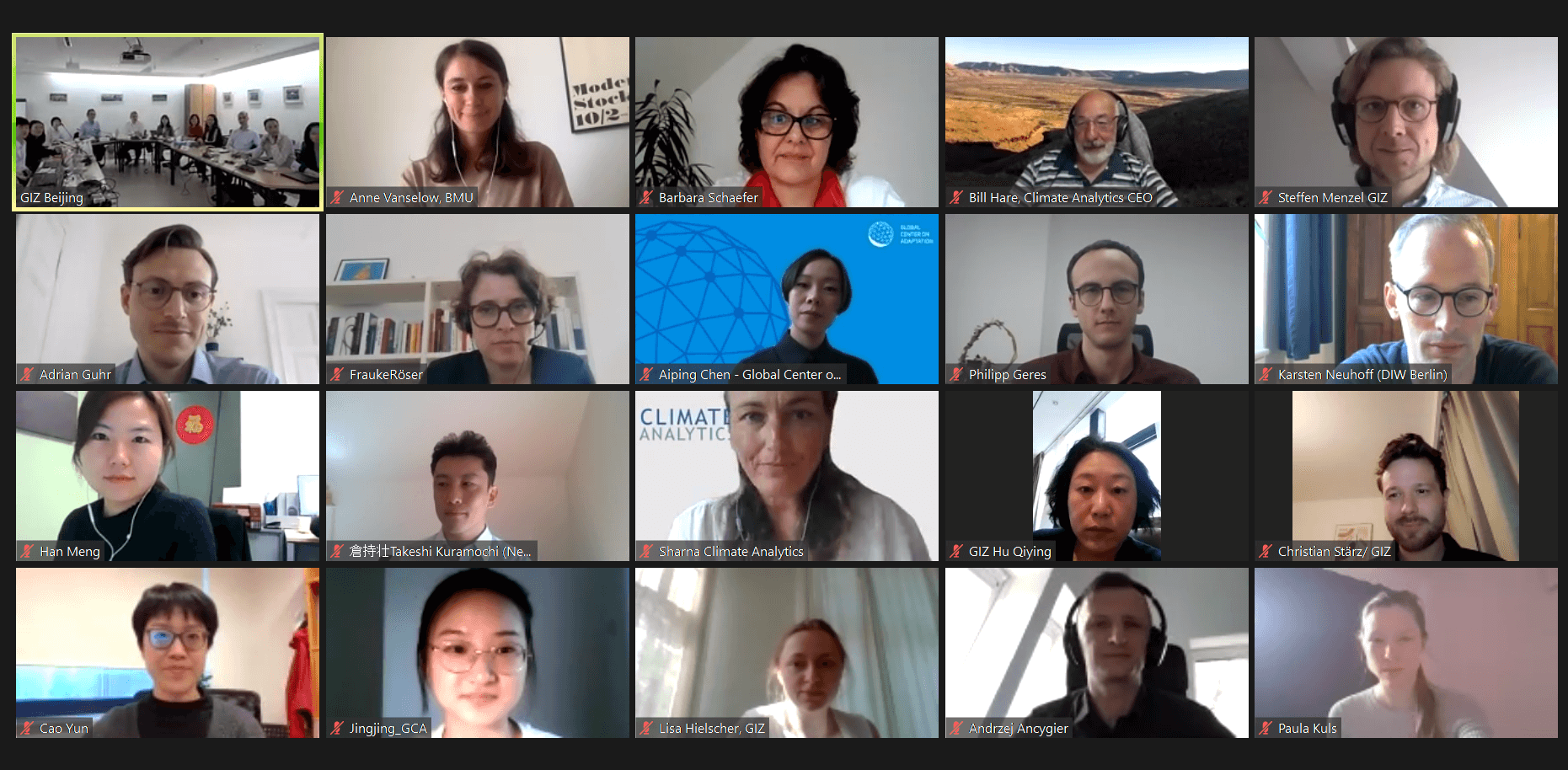
The workshop additionally highlighted aspects of finance and carbon markets. Within the 14th FYP, as well as the Government Working Report 2021, green finance is mentioned, but there is no focus on the topic and only few details are formulated. However, the Chinese central bank has made green finance a key task for the 14th FYP period and calls for a comprehensive green finance policy framework. Focus areas of green finance include the alignment of green finance definitions and standards, strengthened environmental and climate related information reporting and disclosure, and an integrated environmental and climate risk analysis and management framework. Finally, on the topic of carbon markets it was pointed out that advocacy for incorporating financial attributes into the carbon market is increasing.
Regarding carbon market development in China presenters highlighted that the implementation phase of the national ETS had been launched earlier this year with an initial coverage of the electricity generation industry only. Mid-term targets for the carbon market until 2025 include an expansion of the covered sectors to potentially iron and steel, cement, and petrochemicals, as well as adding trading products and activating the market. To reach the long-term 2030 target and the 2060 vision a cap setting mechanism will be introduced and carbon finance will be developed on the basis of the carbon market.
Overall, workshop participants also focused on the importance of bringing science and policy together to allow for a science-informed policymaking process in order to achieve national climate targets.
The key messages from the workshop can be downloaded here.
